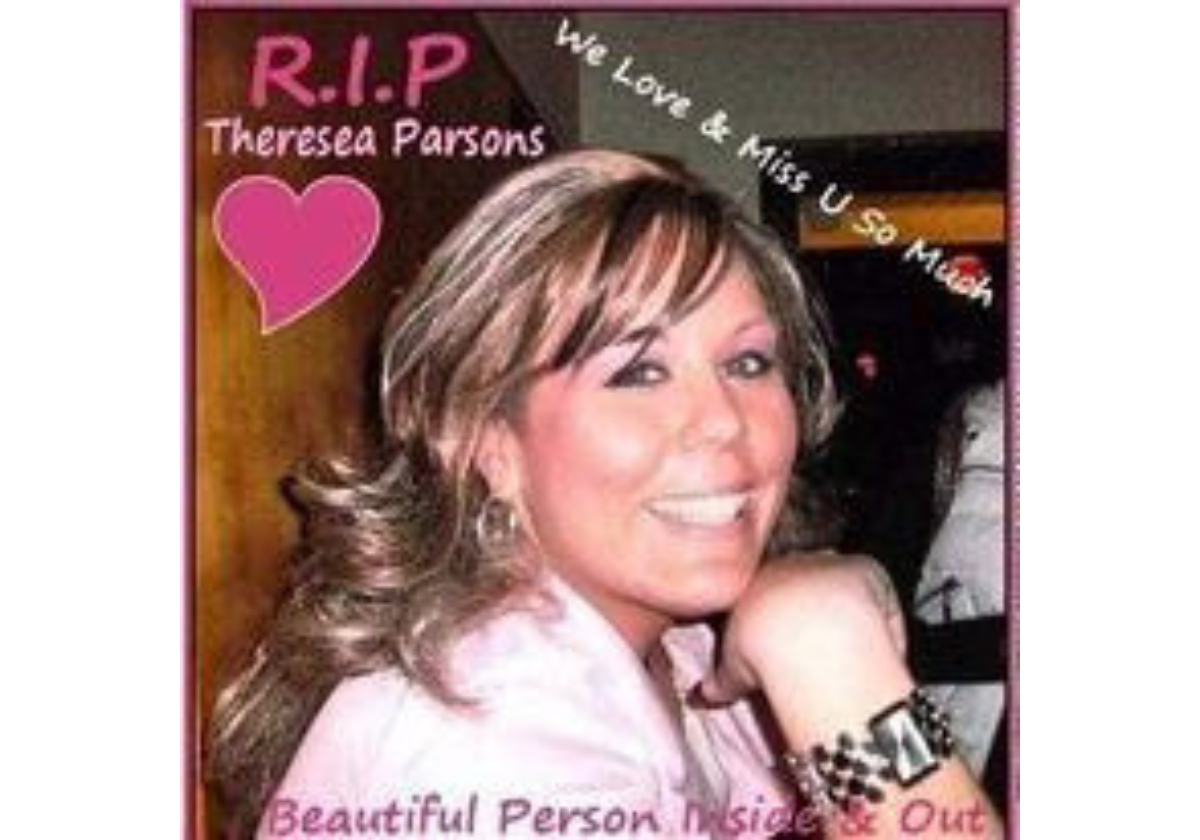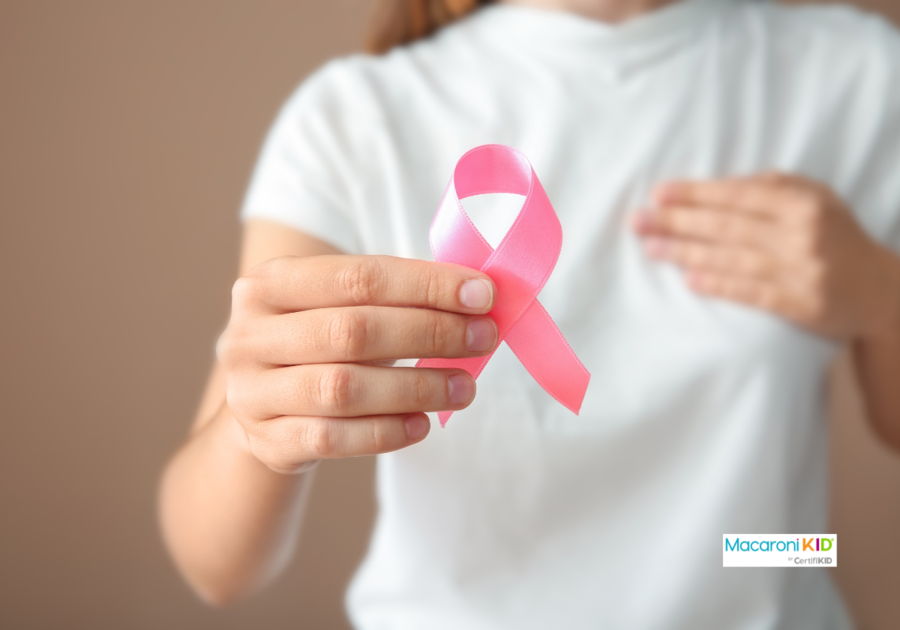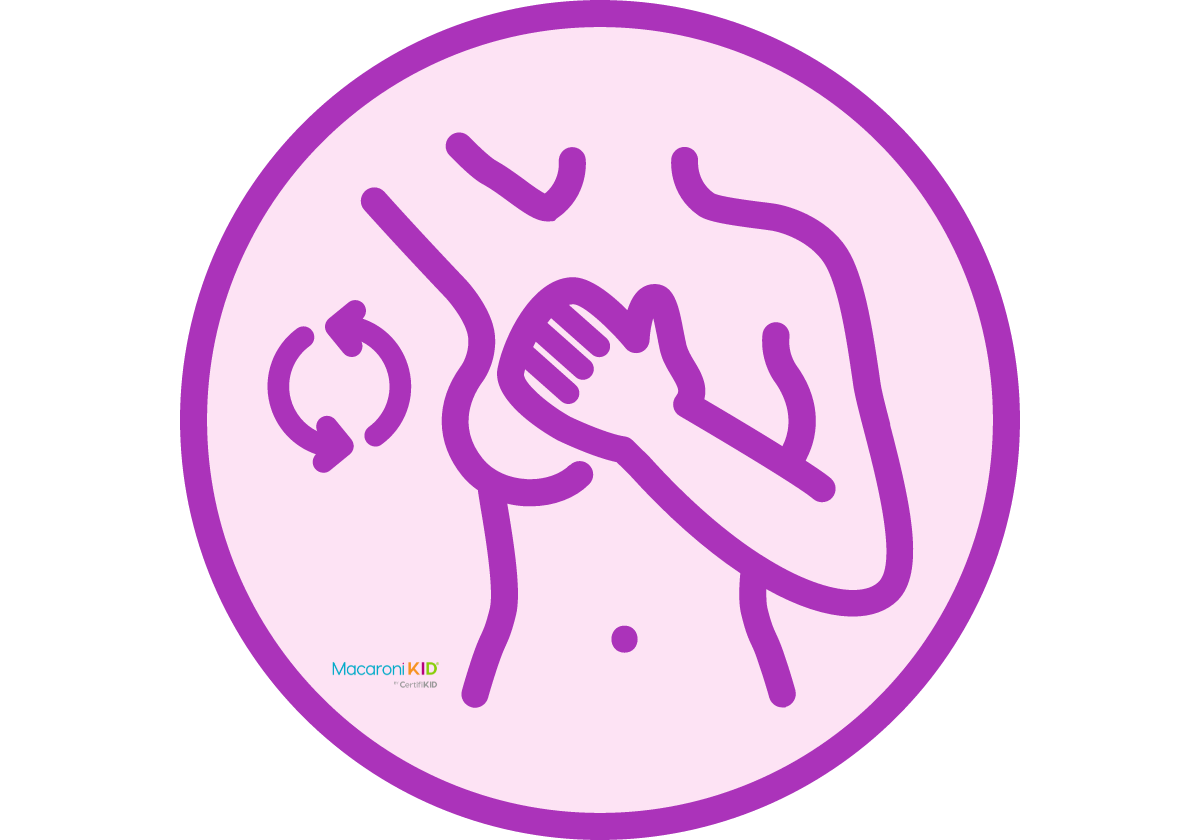Breast cancer was not something on my family's radar when my 24-year-old sister began experiencing painful cysts under her arms.
It wasn't on the radar of the hospital system either, even when the pain would become unbearable, and she would take herself into the ER to have the "infected hair follicles" lanced every few months.
She wasn't tested for cancer because she was so young, and there was no known history of breast cancer in our family.
Two years later the real cause of those mysterious lumps was discovered. But it was too late for my sister. She was already at Stage 4. The cancer had spread to her bones.
Theresa Michelle Parsons passed away July 29, 2009, less than two years after being diagnosed.
 |
Be your own advocate
My family has obviously learned a lot since then, including the painful fact that when breast cancer happens to younger women, it can be particularly devastating and fast-moving. The 5-year survival rate when breast cancer is diagnosed early is now 100%, but the survival rate diminishes as the cancer is detected in more advanced stages, according to this article in Healthline.
Other things I've heard people say over the years since I've lost my sister that I know aren't true:
- Breast cancer only happens to post-menopausal women.
- Young women just don't get breast cancer, so I don't need to do monthly self-exams or get checked at my age.
If you've said (or thought) any of the above statements — or anything else remotely resembling them — please think of my sister and make a breast self-exam part of your monthly to-do list. More than half the time women detect breast cancers themselves during monthly breast self-exams. So do it — even when it feels ridiculous!
|
Read more: How to do a self-breast exam in 3 easy steps
While relatively rare, breast cancer is the most common cancer in women aged 15-39, according to a Yale Medicine article. Other cancers are on the rise in young women too.
So be proactive and advocate for your own health, even if you're not considered high-risk. If you feel something is off with your body, share that concern with your doctor and make sure your provider takes that concern seriously.
And if they don't? Then, find someone who will.
It may be nothing at all — just a normal hormonal change in your body. But your life is too important to leave that to chance. And study after study after study prove that early detection saves lives. The sooner cancer is detected, the less time it has to spread unchecked.
Common warning signs of breast cancer:
A lump or mass that develops in the breast tissue or breast area
Skin redness
Dimpling or puckering on the breast
Scaliness on nipple
Nipple changes
Ulcer on the breast or nipple
Thickening of the skin, resulting in an orange-peel texture
Swelling of the breast
Source: Early Detection of Breast Cancer Saves Lives
The loss of my sister emphasizes the importance of early detection, regardless of age or family history. Don't wait for a "right" age or sign to get checked. Listen to your body, and never dismiss any concerns. Early detection can – and does – save lives. Let's all make it a priority.
Jessica Parsons is the publisher of Macaroni KID Calvert - St. Mary's, Md.


 Trendify | Canva
Trendify | Canva
